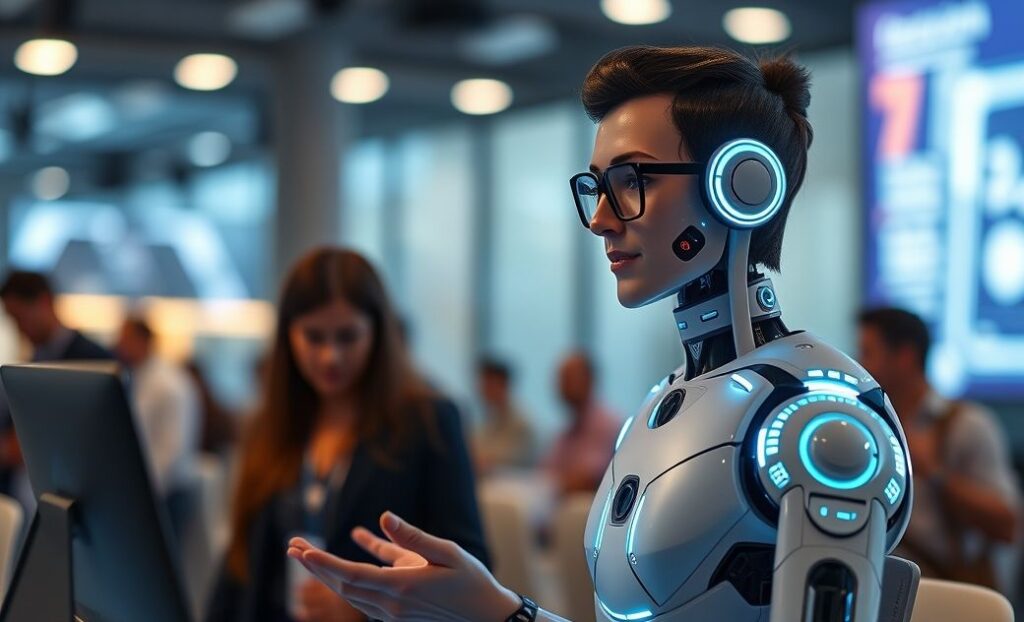As we step into 2025, the world continues to witness a technological revolution, and at the forefront of this change are AI-powered personal assistants. These digital assistants are not just a luxury but have become an integral part of our daily lives, making tasks easier, improving productivity, and enhancing overall efficiency.
The Evolution of AI-Powered Personal Assistants
The journey of AI-powered personal assistants began in the early 2010s with the introduction of applications like Apple’s Siri, Google Assistant, and Amazon Alexa. Over the years, these assistants have evolved from basic voice-activated tools to complex systems capable of managing our entire digital presence.
From Voice Commands to Complex Algorithms
Initially, personal assistants were designed to execute simple tasks based on voice commands. However, with advancements in machine learning and natural language processing, these tools can now understand and predict human behavior, offering a more personalized experience.
Integration with Smart Devices
The rise of the Internet of Things (IoT) has led to the seamless integration of AI assistants with smart devices in our homes and workplaces. Whether it’s adjusting the thermostat, scheduling meetings, or ordering groceries, AI assistants now take charge, enabling a smarter lifestyle.
Benefits of AI-Powered Personal Assistants
The widespread adoption of AI assistants comes with numerous advantages, ranging from convenience to a notable increase in workplace productivity.
Enhancing Productivity
One major benefit is an increase in productivity. By automating routine tasks such as sending emails, setting reminders, and organizing calendars, personal assistants allow users to focus more on strategic and creative tasks.
Personalized User Experience
AI-driven analytics allow personal assistants to learn from user interactions and preferences, thus offering a tailored experience. Whether it’s knowing your morning coffee preference or suggesting optimal travel routes, these assistants make our lives simpler and more personalized.
Challenges Facing AI Personal Assistants
Despite their advantages, AI-powered personal assistants face certain challenges that need addressing as they become more prevalent.
Privacy and Security Concerns
With AI assistants constantly listening for commands, they inevitably raise privacy and data security concerns. Users are increasingly worried about how their data is stored and used, necessitating stricter regulations and more transparency from companies.
Dependence on Technology
Another issue is the increasing reliance on technology. While these assistants make life easier, they also raise concerns over losing essential cognitive skills, as we increasingly delegate decision-making processes to machines.
Future Prospects of AI Personal Assistants
Looking ahead, the future of AI personal assistants appears promising, with continuous improvements expected to overcome current challenges and introduce even more advanced features.
Integration with Emerging Technologies
We can expect AI assistants to become even more integrated with emerging technologies, such as augmented reality (AR) and virtual reality (VR), creating new ways to interact with digital environments.
Increased Contextual Understanding
The next generation of AI assistants will have an improved contextual understanding, allowing them to grasp nuances in human speech and behavior better, thereby offering proactive assistance that anticipates user needs.
In conclusion, as we dive deeper into 2025, AI-powered personal assistants will continue to transform how we interact with technology and handle everyday tasks. While challenges remain, ongoing advancements will likely make these tools even more indispensable in both personal and professional arenas, paving the way for an even more connected world.
